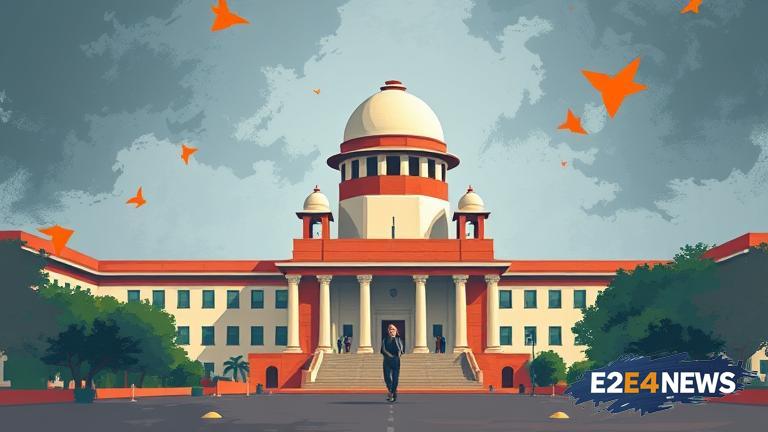The Digital News Publishers Association (DNPA) has approached the Delhi High Court, seeking relief against the alleged threat posed by ChatGPT to the digital news industry. According to the DNPA, ChatGPT’s ability to generate human-like content has the potential to disrupt the entire digital news ecosystem. The association has argued that ChatGPT’s AI-powered content generation capabilities could lead to a significant decline in the quality and credibility of online news. The DNPA has also expressed concerns that ChatGPT could be used to spread misinformation and disinformation, further exacerbating the problem of fake news. The petition filed by the DNPA has highlighted the importance of protecting the intellectual property rights of digital news publishers. The association has argued that ChatGPT’s use of digital news content without permission or attribution could lead to a loss of revenue and credibility for digital news outlets. The DNPA has also pointed out that ChatGPT’s algorithms are designed to prioritize engagement and clicks over fact-based reporting, which could lead to a decline in the overall quality of online news. Furthermore, the association has argued that ChatGPT’s ability to generate content at scale could lead to a flood of low-quality content, making it difficult for readers to distinguish between credible and non-credible sources. The DNPA has sought relief from the Delhi High Court, asking it to direct ChatGPT to cease and desist from using digital news content without permission. The association has also requested the court to order ChatGPT to implement measures to prevent the spread of misinformation and disinformation. The case has significant implications for the digital news industry, which is already struggling to cope with the challenges posed by social media and online advertising. The rise of ChatGPT has added a new layer of complexity to the industry, with many publishers struggling to adapt to the changing landscape. The DNPA’s petition has highlighted the need for greater regulation and oversight of AI-powered content generation tools. The association has argued that the use of such tools requires a more nuanced approach, one that balances the need for innovation with the need to protect the integrity of the digital news ecosystem. The case is likely to have far-reaching implications for the digital news industry, with many publishers watching the proceedings with great interest. The outcome of the case could have significant implications for the future of digital news, with many publishers hoping that the court will provide clarity on the use of AI-powered content generation tools. The DNPA’s petition has also highlighted the need for greater awareness and education about the potential risks and benefits of AI-powered content generation tools. The association has argued that such tools require a more informed and nuanced approach, one that takes into account the potential risks and benefits of such technology. The case has also sparked a wider debate about the role of AI in the digital news industry, with many experts weighing in on the potential implications of ChatGPT. Some have argued that ChatGPT has the potential to revolutionize the digital news industry, while others have expressed concerns about the potential risks and challenges posed by such technology. The DNPA’s petition has added a new layer of complexity to the debate, highlighting the need for greater regulation and oversight of AI-powered content generation tools. The association has argued that the use of such tools requires a more balanced approach, one that takes into account the potential risks and benefits of such technology. The case is likely to be closely watched by the digital news industry, with many publishers hoping that the court will provide clarity on the use of AI-powered content generation tools. The outcome of the case could have significant implications for the future of digital news, with many publishers hoping that the court will provide a clear direction on the use of such tools. The DNPA’s petition has also highlighted the need for greater collaboration and cooperation between digital news publishers, regulators, and technology companies. The association has argued that such collaboration is necessary to ensure that the digital news ecosystem is protected and that the integrity of online news is maintained. The case has significant implications for the digital news industry, with many publishers hoping that the court will provide clarity on the use of AI-powered content generation tools. The outcome of the case could have far-reaching implications for the future of digital news, with many publishers watching the proceedings with great interest.





